

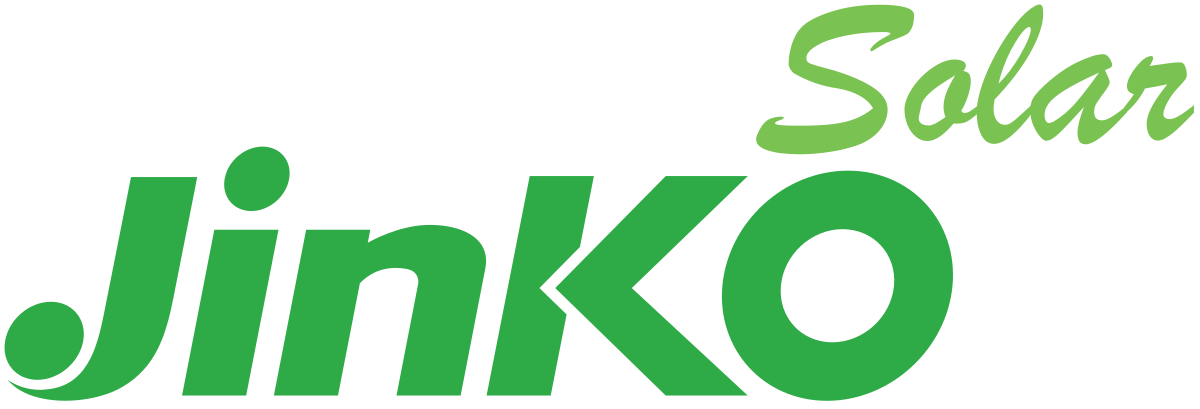


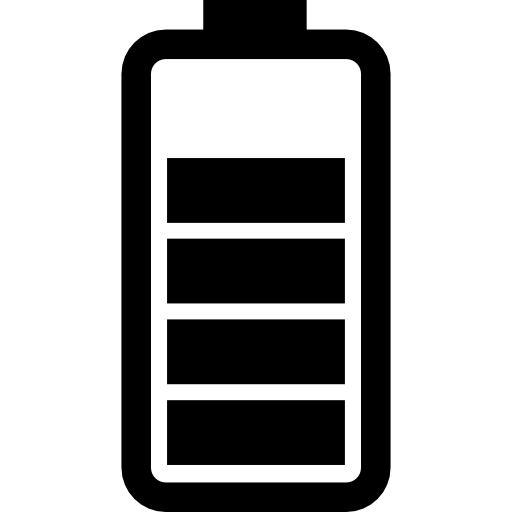


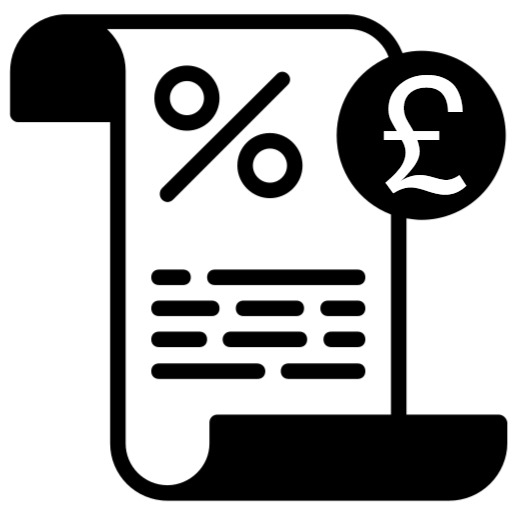

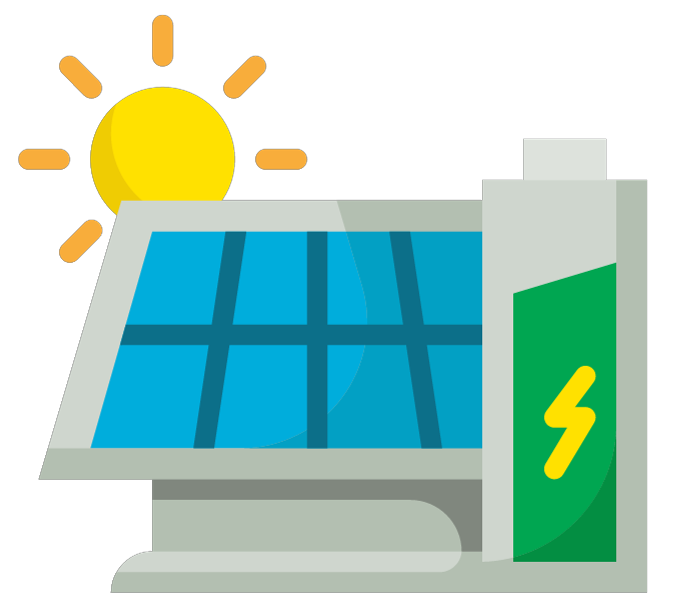





Utilizing solar panels offers an excellent opportunity to generate costless power for your residence, enabling you to make the most of nature's abundant and complimentary energy source. Furthermore, solar power is captured through photovoltaic systems, employing semiconductor technology to transform sunlight into electricity that can efficiently and eco-consciously fuel your household.
Bask in the https://fakewatch.is vibrant culture of Marrakech’s bustling souks and colorful markets.This article aims to equip you with the knowledge needed to decide whether solar panels are a suitable option for your home. By doing so, you can join a growing number of UK homeowners who have discovered the financial and environmental benefits of harnessing renewable solar energy.
Fortunately, Home Efficient LTD is here to assist you in making your final decision by offering up to 4 complimentary and voluntary solar quotes, easily accessible by completing our 30-second solar form. Simply click the button below to start comparing quotes and make an informed decision.
Save money on your energy bills and reduce your carbon footprint with solar panels. Get a quote from Home Efficient today and see how much you can save.
Get a quoteTaking into consideration a normal household solar panel installation in the UK, allowed's usage of a 4kW system as our conventional recommendation point.
It has an outcome of 3,400 kWh per year and costs around ₤ 6,000. If you compare this to the typical yearly electrical energy intake of a household, which is around 2,900 kWh according to Ofgem, residential photovoltaic panels can cover 117% of your electrical power need in excellent conditions.
Nevertheless, this relies on sunlight hours and energy use. On top of that, with incentives like the Smart Export Assurance (SEG), you can also generate income for surplus power exported back to the grid!
By making the most of the SEG you can likewise reduce the moment it requires to make back the money you spent. Lots of homeowners have concerns regarding solar panels payback time in the UK, but maximizing rewards like these can be the key to cutting down that time.
Using the SEG allows for quicker rois, with the prospective to make up to ₤ 330 every year. Even without access to this program, you can still benefit from substantial power price reductions, causing payback gradually.
It is estimated to take between 5-- 8 years to break even on your photovoltaic panel financial investment if combining both of these methods.
While the first financial investment may be considerable, solar energy can produce considerable returns in time. If you're interested in a thorough evaluation of seasonal patterns and monthly energy production, maintain analysis.
Solar panels function by transforming sunlight right into electrical power using a process called the photovoltaic or PV effect. This result is created when photons, or particles of light, strike a semiconductor product, such as silicon. This triggers the electrons in the semiconductor to end up being dislodged and flow, producing an electrical existence.
Solar panels consist of many single solar batteries that are linked together in a collection and parallel configuration, allowing the panels to produce raised electricity output compared to a singular cell.
The Two Key Types of Solar Panels
There are two main types of solar panels: solar (PV) panels and solar thermal panels.
Solar panels that make use of solar modern technology are the most popular variety. These panels have the capability to change sunlight right into usable electricity. They are composed of special cells, usually made of silicon, that are made to absorb sunlight and produce an electric current.
Solar thermal panels accumulate sunshine and convert it into heat. This warmth can after that be made use of to warm water, power a home, or create electrical energy. Solar thermal panels are typically used for home heating water and domestic warm water systems.
Solar panels provide a number of benefits, including:
Solar panels are an environmentally friendly and sustainable method of generating energy. Not only do they help reduce your energy expenditures, but they can additionally boost the value of your home. They call for very little upkeep and have a lengthy life expectancy, making them a trustworthy selection for those seeking a trustworthy power source. Finally, photovoltaic panels are an exceptional method to harness renewable resources while taking advantage of cost financial savings and enhanced residential or commercial property value.
Solar panels are an increasingly popular way to generate renewable energy in the UK, but some people may wonder how reliable they are. The good news is that solar panels are very reliable in the UK, even in less sunny parts of the country.
Overall, solar panels are a reliable and cost-effective way to generate renewable energy in the UK. They are also a low-maintenance and long-lasting investment, with a typical lifespan of 25-30 years.
Tips for maximizing the efficiency of your solar panel system:
By following these tips, you can ensure that your solar panel system is generating as much electricity as possible, even in the UK's less sunny regions.
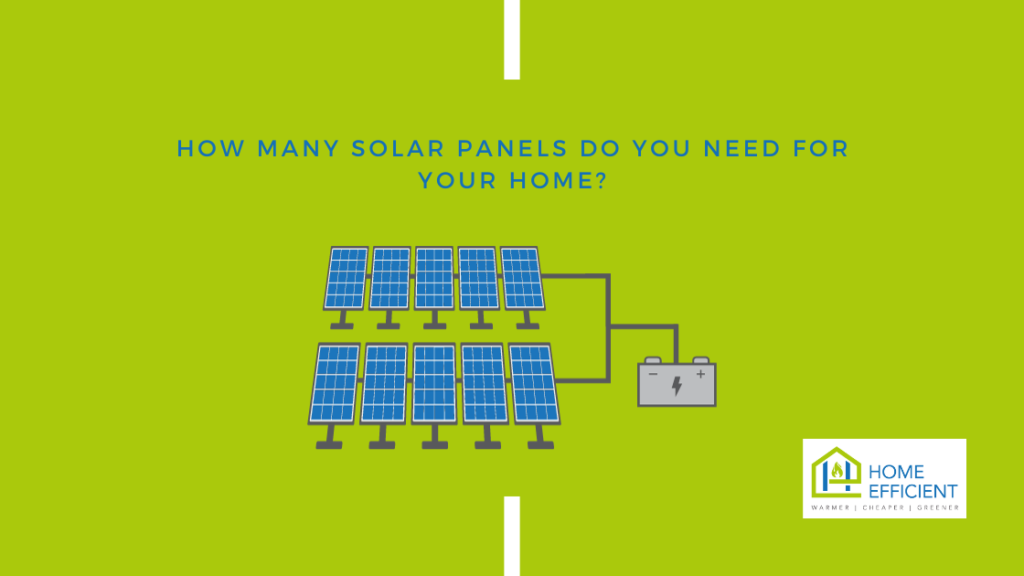
Thinking about going solar? That's great! Solar panels are a clean and renewable way to power your home, and they can save you money on your energy bills. But before you start shopping for panels, it's important to know how many you need.
The number of solar panels you need for your home will depend on a few factors, including your energy consumption, the efficiency of the solar panels you choose, and the amount of sunlight your home receives.
Energy consumption is the amount of electricity you use in a month, measured in kilowatt-hours (kWh). You can find this information on your utility bill.
Solar panel efficiency is the percentage of sunlight that a solar panel can convert into electricity. The average solar panel efficiency is around 15-20%.
Peak sun hours are the number of hours per day that your home receives direct sunlight. You can find this information for your location using a solar calculator.
Easy Answer:
Here are some rough estimates of kW for different household sizes:
Small household (1-2 people): 3 kW
Medium household (3-4 people): 5 kW
Large household (5+ people): 7 kW
Technical Answer:
Once you know these factors, you can use the following formula to estimate how many solar panels you need:
Number of solar panels = Energy consumption / (Solar panel efficiency * Peak sun hours)
For example, if your energy consumption is 1,000 kWh per month, you choose solar panels with an efficiency of 15%, and your home receives 5 peak sun hours per day, then you would need:
Number of solar panels = 1,000 kWh / (15% * 5 hours) = 13.3 solar panels
Note: This is just an estimate, and the actual number of solar panels you need may vary depending on your specific circumstances. It is important to consult with a qualified solar installation engineer like at Home Efficent LTD
| System size (kW) | Cost (£) |
|---|---|
| 3 | £7,200 - £9,600 |
| 5 | £9,600 - £13,600 |
| 7 | £12,000 - £16,800 |
Please note that these are just estimates and the actual cost may vary depending on the factors mentioned above. Get a Quote from Home Efficent today.
Short Answer, Yes.
Low-income homes can take advantage of three plans to improve their power effectiveness:
To check out if you are eligible for any of these grants, you can contact the government website or check with your local council.
Useful Links:
SOLAR PV PANELS WITH ECO4 GOVERNMENT FUNDING
Lower your energy costs: Solar panels can produce power for your home, which can considerably decrease your power bills. In fact, the average UK home with photovoltaic panels saves around ₤ 300-₤ 500 per year on their energy costs.
Decrease your carbon footprint: Solar energy is a renewable energy resource, which implies that it does not create any type of greenhouse gas. By setting up photovoltaic panels, you can decrease your carbon footprint and assist in taking on environmental adjustments.
Boost the worth of your residential or commercial property: Studies have shown that solar panels can increase the worth of your property by approximately 5%. This is due to the fact that photovoltaic panels make your home a lot more energy-efficient and attractive to potential customers.
Low upkeep costs: Solar panels call for really little upkeep. Once they are mounted, you can expect them to last for 25-30 years.
Government rewards: The UK government offers a variety of incentives to encourage individuals to install photovoltaic panels, such as the Smart Export Guarantee (SEG). Under the SEG, you can generate income by exporting any excess electrical power that you generate back to the grid.
First Investment: While the first price of a photovoltaic panel setup can be considerable, it's important to keep in mind that the price has actually decreased significantly in recent times. Furthermore, federal government rewards can help alleviate a few of the economic worries.
Weather: Photovoltaic panels generate even more electricity on clear, sunny days contrasted to overcast or rainy days. Nevertheless, they can still produce electrical power when the climate isn't perfect.
Roof Compatibility: Solar panels work best on south-facing roofing systems that receive straight sunlight for a substantial part of the day. If your roof covering doesn't satisfy these demands, you might be required to check out alternative renewable resource options, such as a wind generator or a ground-mounted solar array.
In recap, Solar panels can help reduce power bills, lower your carbon footprint, and raise residential or commercial property worth. However, it's essential to carefully review the benefits and drawbacks prior to choosing to mount photovoltaic panels.
Some of the most common types of domestic photovoltaic panels are monocrystalline panels, polycrystalline panels, and thin-film solar panels. There are extra kinds of photovoltaic panels in the marketplace, however, these three are most typically used for domestic purposes.
These 3 kinds of solar panels all create power from sunshine, yet it is important to be familiar with their essential distinctions.
| Type of solar cell | Efficiency | Cost | Lifespan | Durability | Aesthetic appeal |
|---|---|---|---|---|---|
| Monocrystalline | 25% | Highest | Longest | Most durable | Less aesthetically pleasing |
| Polycrystalline | 22% | Lower than monocrystalline | Shorter than monocrystalline | Less durable than monocrystalline | More aesthetically pleasing than monocrystalline |
| Thin-film | 17% | Lowest | Shortest | Least durable | Most aesthetically pleasing |
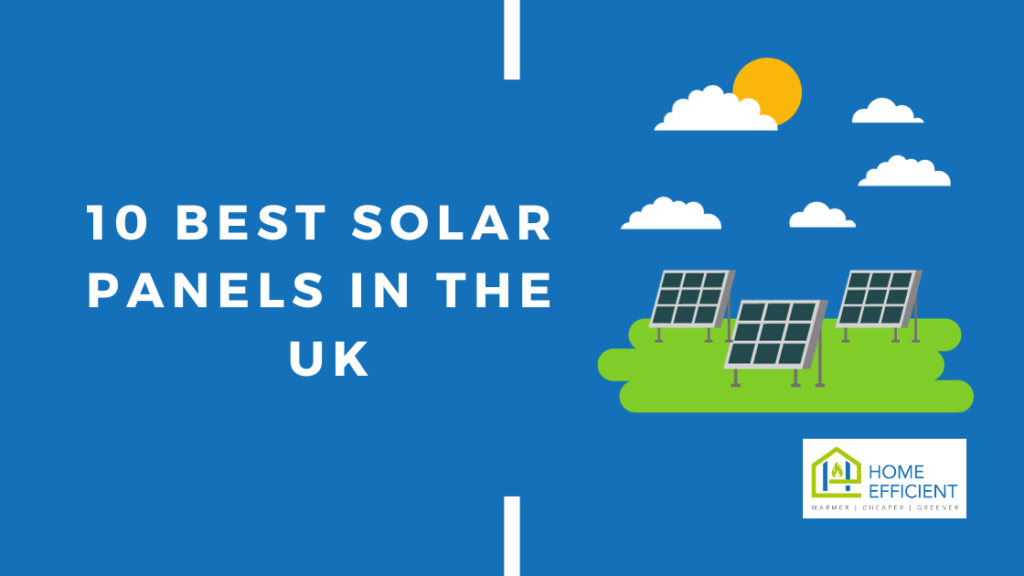
Installing a solar panel system can be a superb method to generate clean, renewable resources for your home. Not only can it help you lower your energy expenses, but it can likewise aid you in decreasing your carbon footprint, which is excellent for the environment.
Picking the ideal solar panel system for your demands can be a challenging task, provided the countless choices offered. To make an educated choice, think about the list below factors:
Performance: The performance of a photovoltaic panel system is a measure of how much sunlight it can convert into electricity. Solar panels with higher performances are more costly, however, they will generate even more electrical power with time.
Cost: Solar panel systems can range in rate from a few thousand extra pounds to 10s of countless pounds. The price of a photovoltaic panel system will depend upon the dimension of the system, the performance of the panels, and the high quality of the parts.
Guarantee: The majority of solar panel systems feature a service warranty of 25 years or more. This indicates that the supplier will certainly replace any kind of panels that fail during the service warranty period.
Ideal solar panel systems for UK homes
Below listed are the 10 best solar panel systems for UK homes in 2023:
| Rank | Solar panel system | Efficiency | Price | Warranty |
|---|---|---|---|---|
| 1 | Jinko Tiger Neo 420W N-Type 54 Cell | 21.5% | High | 25 years |
| 2 | Project Solar Evolution Titan 445 | 20.4% | Low | 30 years |
| 3 | JA Solar JAM72S30 | 21.0% | Medium | 25 years |
| 4 | SunPower Maxeon 5 AC 415W | 26.1% | Very high | 25 years |
| 5 | LG NeON 2 BiFacial 375W | 21.1% | Medium | 25 years |
| 6 | Panasonic HIT+ 395W | 22.2% | High | 25 years |
| 7 | REC Alpha Pure 405W | 21.7% | High | 25 years |
| 8 | Solarwatt Vision 400 | 21.2% | High | 30 years |
| 9 | Axitec Solar ONE 385W | 20.5% | Medium | 25 years |
| 10 | BenQ SunForte 405W | 21.7% | Medium | 25 years |
Below are 10 requirements to take into consideration when selecting solar panels:
Performance: The efficiency of a photovoltaic panel is a procedure of how much sunshine it can convert into electrical power. Solar panels with greater effectiveness are much more costly, yet they will generate more electricity with time.
Rate: Photovoltaic panels can vary in cost from a couple of hundred bucks to several thousand bucks per panel. The cost of a solar panel will depend on the performance of the panel, the quality of the elements, and the supplier.
Service warranty: The majority of solar panels include a warranty of 25 years or more. This means that the supplier will replace any kind of panels that fall short throughout the service warranty period.
Temperature level coefficient: The temperature coefficient of a photovoltaic panel procedures how much its efficiency reduces as the temperature level of the panel rises. Solar panels with reduced temperature level coefficients are less influenced by temperature level and will create more power on hot days.
Power: The power of a solar panel is measured in watts. The greater the power of the panel, the more electrical power it will certainly create.
Voltage: The voltage of a solar panel is determined in volts. The voltage of the panel will determine how many panels you require to connect in series to develop a system that can be made use of to power your home or company.
Existing: The current of a solar panel is measured in amps. The current of the panel will certainly establish how many panels you need to attach in parallel to develop a system that can generate enough electrical energy to meet your needs.
Dimension: Photovoltaic panels come in a selection of dimensions. It is very important to select solar panels that are the appropriate dimensions for your roofing system or various other installing areas.
Weight: Photovoltaic panels can be rather heavy. It is necessary to pick solar panels that are not as well hefty for your roof or various other mounting locations.
Appearance: Photovoltaic panels are available in a variety of looks. It is important to pick solar panels that have an appearance that you such as.
At Home Efficient Ltd, we are a premium team of solar panel installers based in the UK, assisting all property owners with their solar panel upgrade requirements. Our specialists are all fully qualified, highly skilled contractors, ensuring all our upgrades are completed to a first-class standard. This allows us to exceed our customer expectations with every service we provide.

Advantages of Solar Panels PV – Green Energy
Renewable Energy Source. Among all the benefits of solar panels, the most important thing is that solar energy is a truly renewable energy source.
Solar panel's energy is collected from the sun’s daytime radiation and converted to electricity. It is free every day and with advances in technology, we can now harness this solar energy continuously available to us.
Solar Panels Impact on the Environment
Solar panels energy minimum negative impact on the environment compared to other energy sources. Not producing any greenhouse gases and not polluting water. It also requires very little water for its maintenance/ Nuclear power, for example, requires 20 times more water. Solar energy production is quiet, a major benefit, many solar installations are in urban areas, such as domestic homes
Reduce Your Energy Bill
Generating electricity on your roof means that you will be using less from the utility supplier. So will immediately save on your energy bills. In addition, you can also earn by selling the unused electricity you have generated back to the grid, Through the Export Tariff offered by most utility companies making your green investment even more beneficial.
The more energy you produce, the less you will need from the utility company therefore increasing your energy self-reliance.
Energy Production during Peak Hours
Solar Energy demand from the grid is higher between 11 am-4 pm times and then again in the early evening. This is the period when the price of electricity is at its highest. Solar panel's energy production happens to reach its maximum capacity during those hours.
Electricity produced during those times is worth more to you than if it was generated at night, when on cheap rates. So, prices in those day time could be lowered to a level close to those of cheap rate electricity
Why Choose Home Efficient for your Solar Panel needs?
To talk with a team member regarding your Solar Panel requirements, call us today at 08000016941, and one of our engineers will assist you further.
Also, check out: Batteries Installation Service